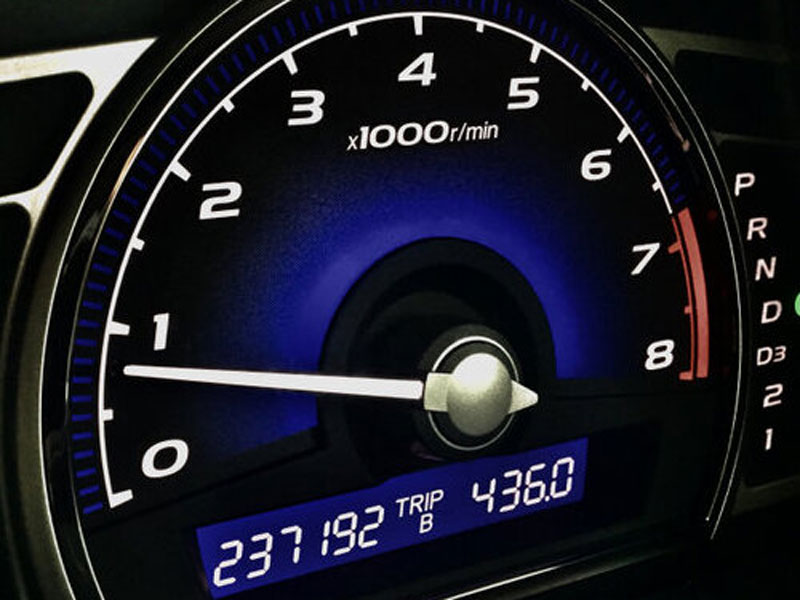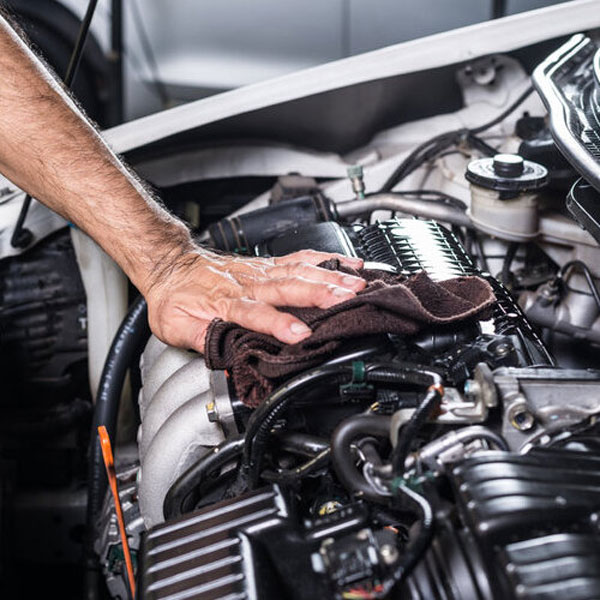
The Importance of Engine Mileage
They say cars aren’t built like they used to be, but there are some manufacturers and car buffs who will argue that point based on engine mileage. For the basic, everyday driver, an engine takes a lot of abuse with stop-and-go traffic, rapid starts and stops, and – let’s face it – a lack of appropriate engine maintenance in the case of many vehicle owners.
With those things considered, maybe they don’t build cars like they used to, and traffic is also different than it used to be. So are our expectations when it comes to cars and engine mileage. Still, the engine mileage life expectancy of cars today is 200,000 miles, which for most drivers is typically around 10 years.
Understanding Vehicle Lifespans
The average lifespan of a car used to be a maximum of eight years while engine mileage averaged around 150,000. So maybe it isn’t that they don’t build cars like they used to, but because we sit in traffic a lot more today than we used to. The starting, stopping, and idling has factored in there as well. With that in mind, comparing engine hours vs mileage may be the better way to gauge how well an engine serves us.
The Effect of Driving on Your Engine
Idling affects the engine hours and the wear on the engine mileage. As you sit at a red light with your engine idling, you’re not rolling the odometer. This means the mileage isn’t being clocked, yet the engine is still being used. Sixty minutes of idling is equal to 30 in engine mileage. Though we don’t typically sit at one signal light for 60 minutes, how many red lights do you sit at going to and from work and for how long? And how much does all that time add up to?
For as long as anyone can remember, measuring the condition of a car through engine mileage was the benchmark. Today, those in the automotive industry have determined that may not be the best method. Instead, using hours the car is driven may be the better judge.
Calculating Engine Hours
Knowing how to calculate engine hours compared to engine mileage is more pertinent for fleet cars and trucks. However, as time progresses, it may become the standard for personal vehicles, too. When a vehicle is spending more time at an idle, it only makes sense that the hours:miles ratio should be used for determining a preventive maintenance schedule. The following formula can be used for calculating engine hours to engine mileage:
- Use the data from the engine meter in determining how many hours the engine has been operated.
- Calculate those hours by the factor of 60 as an approximation of the engine mileage accumulated.
- Use the formula of multiplying the engine hours x sixty equals the approximate engine mileage.
Which Engine Gives More Mileage?
For all the clattering noise they create and though an annoyance for many of us on the roadways, a diesel-powered engine will give you better gas mileage and have a longer engine mileage between service requirements. The typical engine mileage between a diesel engine and a petroleum engine is 25% more.
Do You Know How to Check Engine Mileage on Your Car?
Well, if you have a car with a working dashboard, you can simply read the mileage from the odometer, right? But what if you purchase a used car and the odometer doesn’t work? Know how to check the mileage on a used engine by using one of these methods:
- Purchase a vehicle history report.
- As the previous owner for the maintenance records if possible.
- A newer car with OnStar or other online telematic system would have engine mileage history.
- The keys for cars today often have engine mileage inside the chip memory.
- Have your mechanic use an odometer scan tool.
- Take the car to an authorized dealership and have the service department perform an engine mileage check with their computerized tools.
What Is the Mileage for an Engine Overhaul?
The newer engines made today can last over a million miles before the engine mileage shows enough wear and tear for a rebuild. However, driving habits can affect this. Remember how the starting, stopping, and idling, with the idling add up with the engine mileage.
With those factors considered, an engine overhaul may be needed at around 750,000 miles. Once the engine overhaul is completed, you can expect to get another 10,000 engine miles of driving and/or idling time.

Conclusion
Once your car engine mileage has reached the point of a rebuild, should you choose that method instead of trading the car in for a newer model, your mechanic should know how to reset engine mileage. This enables you, or the next owner to know when the next engine rebuild is needed. When purchasing a used car, it is important that you know whether the engine mileage of the car is on the original engine or a rebuilt engine. If you aren’t buying the car from the original owner, use the methods we’ve described to ascertain the engine mileage. Meanwhile, if you’re interested in an engine with low engine mileage in Marietta and Atlanta, GA reach out to American Engine Installations at (404) 920-4252.
